 What to Do (and NOT Do) If You Find a Newborn Kitten
What to Do (and NOT Do) If You Find a Newborn KittenDuring the kitten season, it is not unusual to discover an unwanted kitten nest or a single kitten apparently abandoned by his mother. (Photo by Ken Hanly)by Valerie Sicignano, During the high season of kittens in spring and summer, it is not unusual to discover an unwanted kitten nest or a single kitten apparently abandoned by the mother. You want to help, right? Before jumping to the rescue, consider these recommendations. First, wait. You might have found the kittens while your mother is out of looking for food, or is in the process of moving them to a different location. Try to determine if the mother is coming back for them, or if they're really orphaned. To do this, get away from kittens — 35 feet or more. If you're too close, the mom won't get close to her kittens. You may need to leave completely before the mother cat comes back to the kittens. It may be several hours before the mother cat returns, until she no longer feels the presence of the humans who sail near her bed. If you need to leave before the mother cat returns, carefully evaluate if kittens are in immediate danger: Is it raining or snowing? Are they dogs or wild animals that can damage loose kittens in the neighborhood? Does the neighborhood have kids or adults who can harm kittens? Are kittens located in an area with heavy foot or car traffic? To help with your decision, it is important to know that it may take several hours for the mother cat to return, and healthy kittens can survive this period without food while they are hot. Neonatal kittens are much more at risk of hypothermia than hunger. During the spring and summer months, waiting for a longer time to see if Mom will be back is much safer than during the cold winter months. The mother cat offers the best chance to survive their kittens, so wait and look as long as you can. The best food for kittens is your mother's milk. Remove kittens only if they are in immediate and serious danger. The mother cat offers your newborn kittens your best chance to survive, so wait and watch while you can safely return before you remove them. If the mother cat comes back... If Mom comes back and the area is relatively safe, leave the kittens alone with Mom until they are weaned. You can offer a regular shelter and food to Mom, but keep the food and the shelter at a distance from each other. Mom will find the food, but she won't accept her shelter if the food is close, because she won't want to attract other cats to the food located near her nest. Six weeks is the optimal age to take the mother's kittens for socialization and adoption, and at any time after eight weeks for Trap-Neuter-Return (pay/neuter, vaccination, constipation and return to your colony). Female cats may become pregnant with a new litter even while they are still in nursing, so don't forget that the mother cat spit or you will have more kittens soon! and . If the mother cat doesn't come back... If you find out that Mom's been hit by a car, or if for some reason she doesn't seem to be coming back, then you should take off the kittens. This is crucial to the survival of kittens. But you must be prepared to see this project through the weaning if you decide to intervene! If you take the kittens in, it is unlikely that you will find an organization with available staff or volunteers to take the bottle feed in a short time. Some organizations have experienced bottle suppliers, but it is necessary to plan the logistics in advance. Animal shelters and veterinarians generally do not take newborn kittens, as they do not have the staff to feed them and stimulate them for disposal around the hour. You can contact the NYC Feral Cat Initiative at or (212) 330-0033 x5 and we will try to find someone to give you a bottled food, but this may take days or weeks, and we may not succeed in locating a feeder. If we find someone to feed on bottles, it may still be responsible for recovering kittens when they no longer require bottle feeding. It may also be responsible for paying veterinary visits, which may include emergency medical care, and will certainly include low or neuter surgeries, disease tests and vaccines. And finally, you could be responsible for adopting kittens in permanent homes. The NYC Feral Cat Initiative can help you locate low-cost veterinary care, and could help you find new homes for kittens, but completing these tasks will be your responsibility. Kitten Care " Bottle-FeedingFirst StepsNewborn kittens need to be fed and stimulated for elimination every three hours around the hour. (Photo by Valerie Sicignano)Feeding & Elimination Neonatal kittens (less than four weeks old) cannot eat solid foods (not canned, not dry) and cannot urinate or defecate for themselves, so it should be fed with bottles and stimulate their genitals after each diet so that they can eliminate them. For example, if you have kittens less than a week, they will need to be fed and stimulated every three hours. That means you'll take care of them eight times a day, for example, at midnight, at 3:00 a.m., at 6:00 a.m., etc. If kittens are unusually small or sick, they might need to be fed every two hours. Jumping food or overfeeding can cause diarrhea, which results in dehydration, a condition that can be fatal for small kittens (not to mention a discomfort for you to clean after). Diarrhea requires a visit to the veterinarian. As the age of kittens, the number of foods they need per day decreases. You can start weaning four weeks. Milk replacement formulaPowdered milk kitten replacement formula is better for kittens than the liquid formula enlatada. We recommend that you use only formula to replace milk kitten powder from the beginning — or as soon as possible — to prevent diarrhea. Two main formula brands are available: and . Both brands are available in canned and powdered formulas. We recommend the powdered type to prevent diarrhea. You can buy in pet food stores, veterinary offices, or online. offers the lowest prices we know. Make sure the powdered formula you're using is fresh opening the pop cap and smelling it. I should smell something sweet, like powdered milk. If you have a sharp smell like bad cooking oil, cheese or chemicals, it's rancid, and dangerous to give kittens. Do not use any formula beyond the expiration date. Once opened, the formula for the replacement of milk kitty (canalada or powder) should be quickly refrigerated and stored in the refrigerator. You can't keep gatite milk replacement formula from the refrigerator open for a long time before it is damaged. Think of it as fresh milk. Suggestion: Using an electrolytic solution of a defavored pediatrician instead of water by mixing the powder formula for the first 24 hours of feeding helps prevent diarrhea and facilitates the transition of breast milk to the commercial formula for the replacement of milk kitten. Guide for beginners About the AuthorValerie Sicignano is Director of Community Relations for feral cats who work in New York City since 1990. He has a certificate in human education of the , and his animal work has been recognized by the Manhattan Pet Gazette Animal Guardian Award and the Compansion Animal Guardian Award. " Recent PublicationsArchivosCategoriesMeta © 2011–2021 Weaver by WPWeaver.info
Accessibility links Search results What to do (and NOT do) If you find a newborn KittenAbandoned Newborn Kittens - YouTubeSaving Kerry: Abandoned Kitten - YouTubeNEWBORN KITTENS - YouTubeThe kittens I found have been abandoned - YouTubeAbandoned Kitten 3 Silencio He Ran to Me. I found - YouTubeFooter links
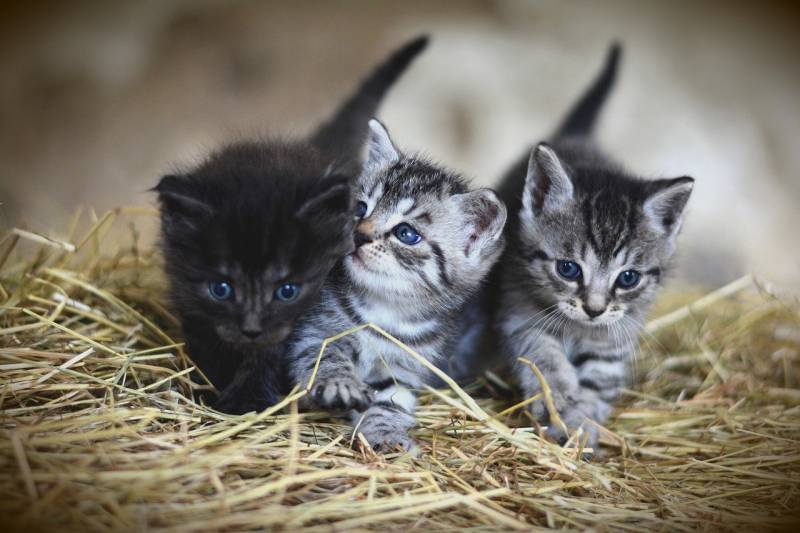
How Long Can Newborn Kittens Survive Without Their Mother? | All About Pets
What to Do (and NOT Do) If You Find a Newborn Kitten
What to Do (and NOT Do) If You Find a Newborn Kitten/three-kittens-suckling-from-their-mother-121755260-5c59c73fc9e77c0001a41ba6.jpg)
How Long Should a Kitten Stay With Its Mother?
Kitten Feeding Week by Week | Best Friends Animal Society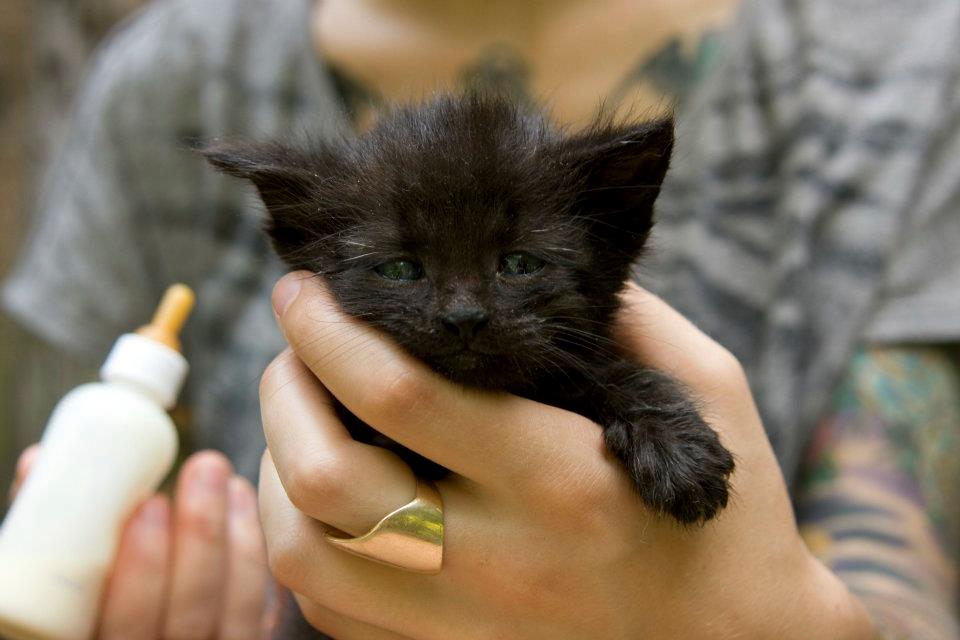
10 Crucial Steps to take to Save an Abandoned Newborn Kitten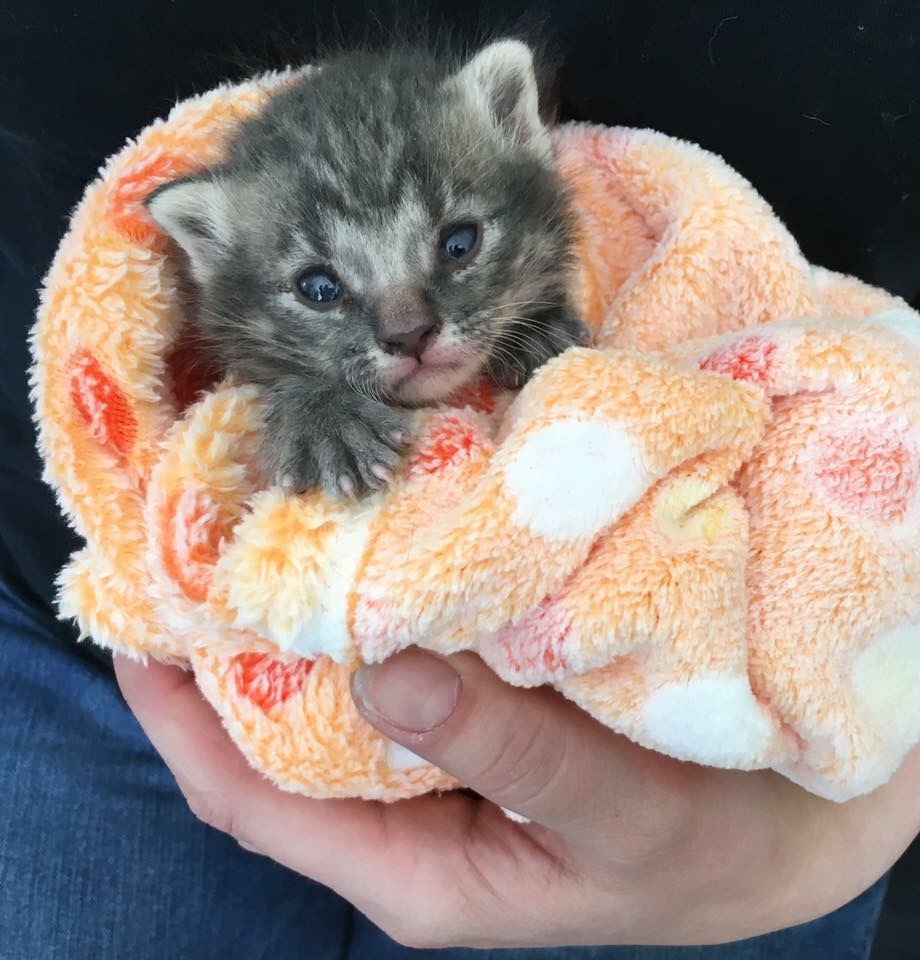
10 Crucial Steps to take to Save an Abandoned Newborn Kitten
How To Care For A 4 Week Old Kitten > Live Long and Pawspurr
How Long Can Newborn Kittens Survive Without Food - newborn kittens
NPOs help abandoned kittens survive to find new homes - The Mainichi
Caring for Abandoned Kittens - The Cat's Meow Rescue/Kitten-GettyImages-535429254-58fae68d5f9b581d59a1466e.jpg)
How to Treat Fading Kitten Syndrome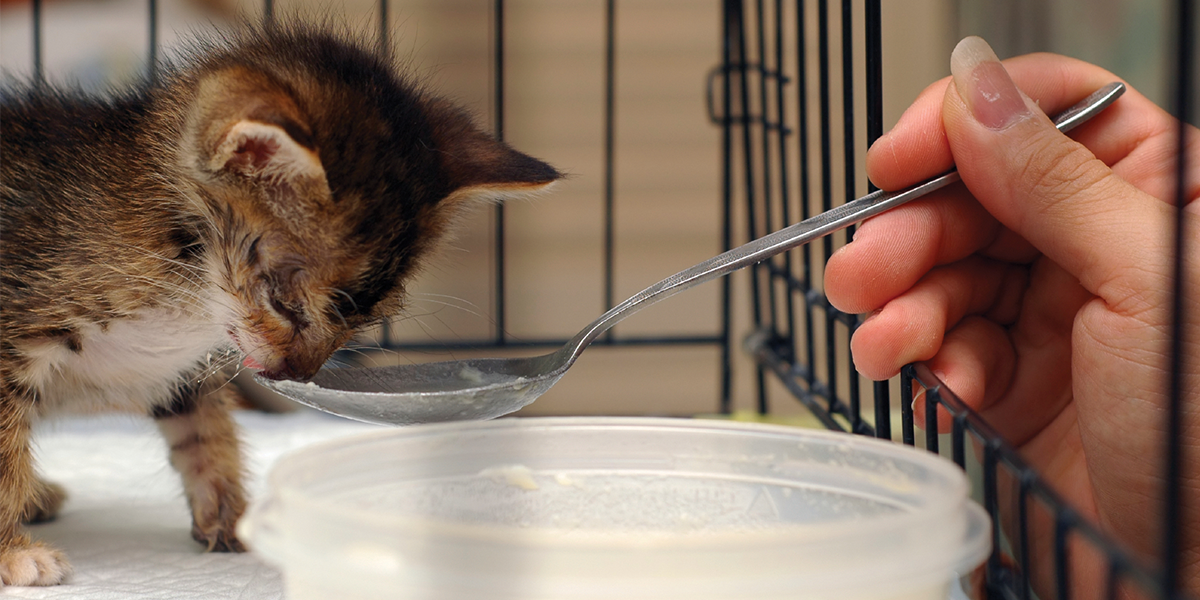
Hand-rearing kittens | International Cat Care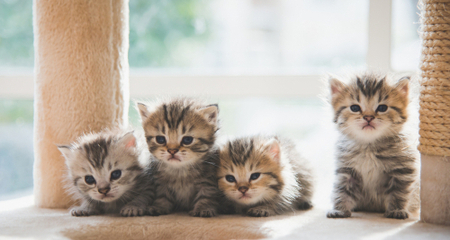
Orphan Kitten Care: How to Care for Abandoned Kittens | PetCoach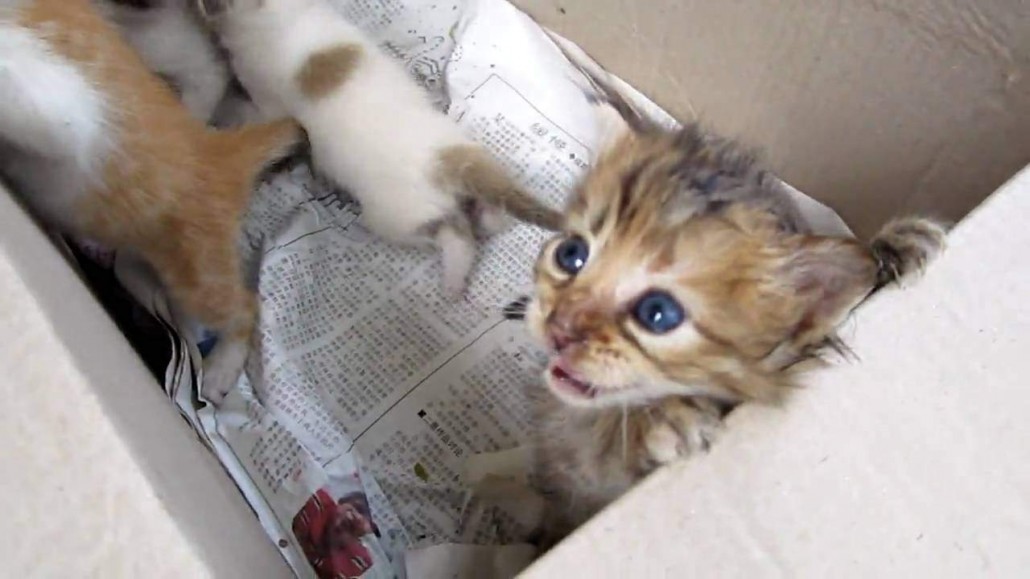
What to do (and NOT do) if you find an abandoned kitten or litter | Care 4 Cats Ibiza
How long can kittens survive without their mother's milk? - Quora:max_bytes(150000):strip_icc()/post-natal-cat-care-555416_V3-de29216d84b04323bad29f898a976578.png)
Kitten Formula Recipes and How to Bottle Feed a Kitten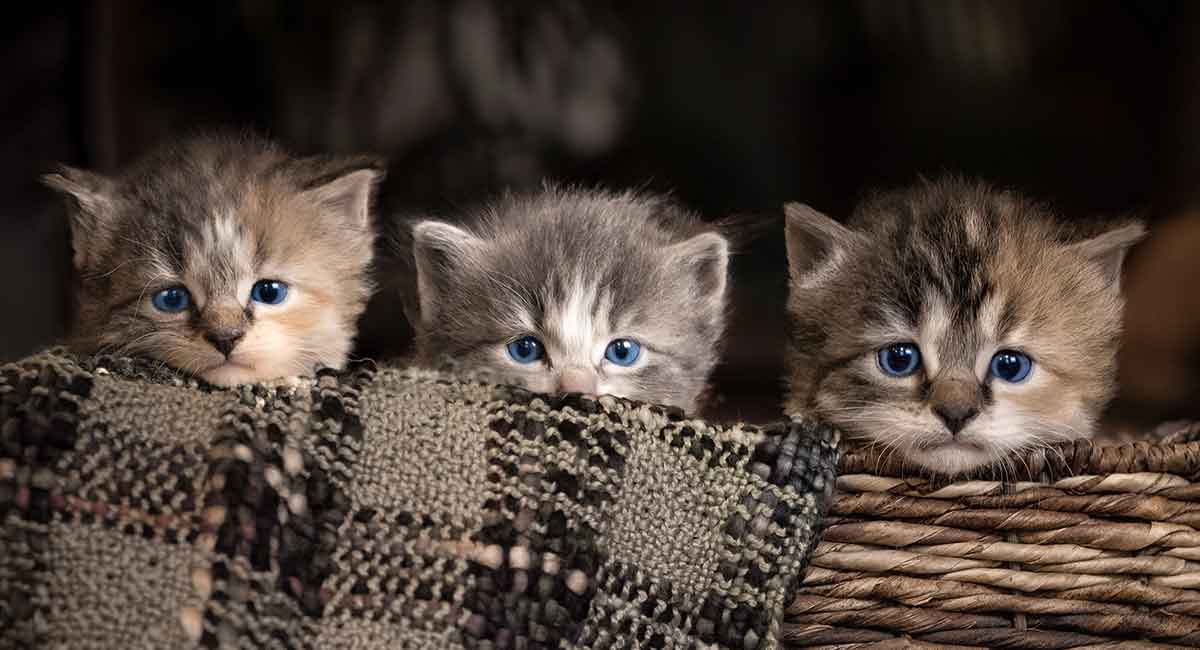
8 Week Old Kitten - Feeding, Weight, Care And Routines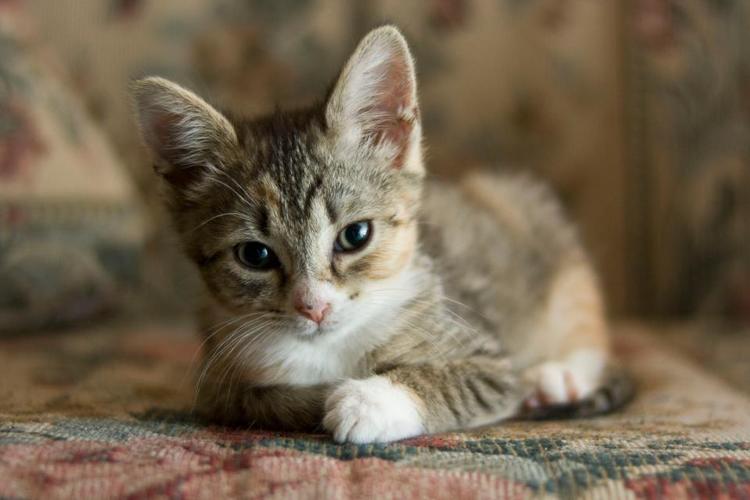
10 Crucial Steps to take to Save an Abandoned Newborn Kitten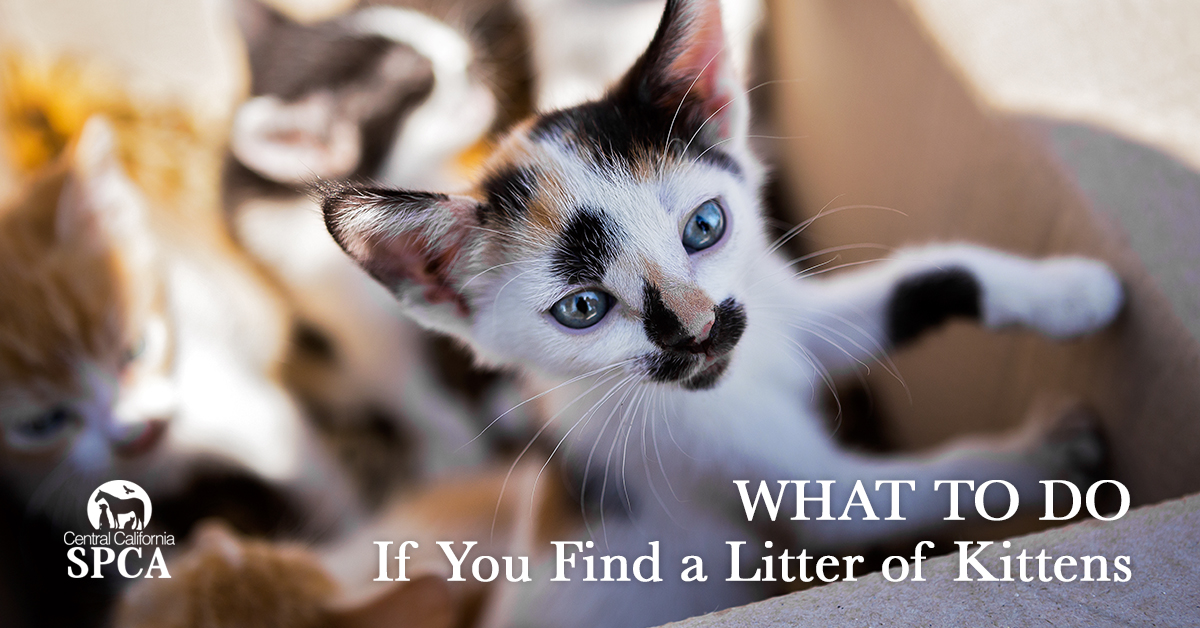
What to Do When You Find Stray Kittens
The Simple Guide To Caring About Three Week Old Kittens > Live Long and Pawspurr
My Cat Won't Drink! How Long Can Cats Survive Without Water?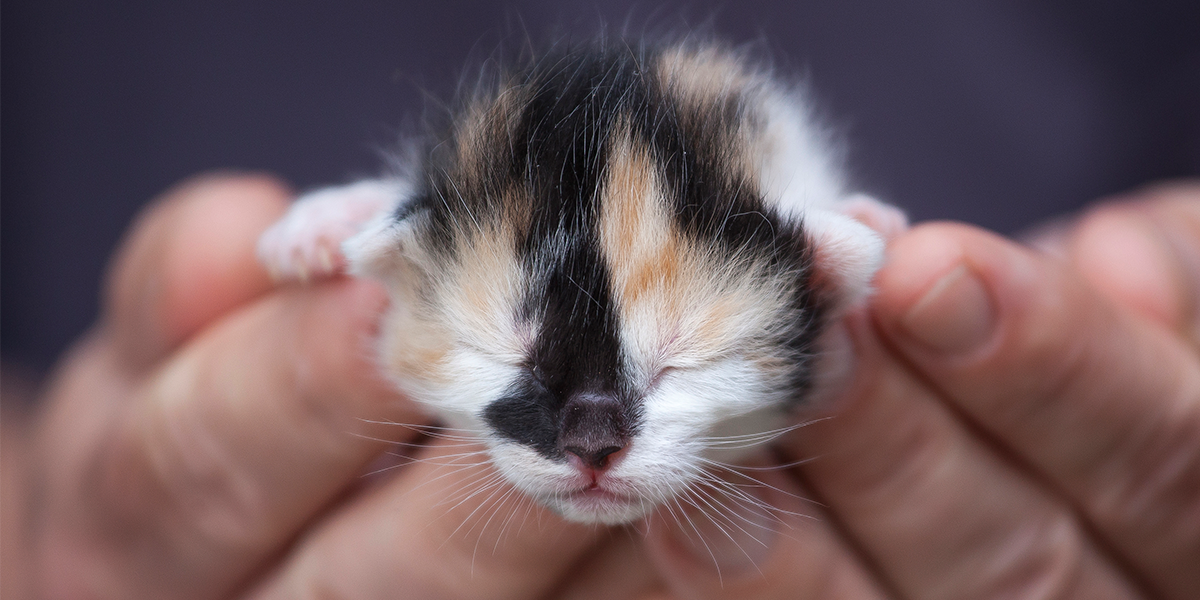
Kitten deaths (Fading Kittens) | International Cat Care
How to Feed a Baby Kitten Without a Mother (with Pictures)/GettyImages-112174189-59b44fe4d963ac0011c6f607.jpg)
Kitten Formula Recipes and How to Bottle Feed a Kitten
Kitten - Wikipedia
How To Care For A 4 Week Old Kitten > Live Long and Pawspurr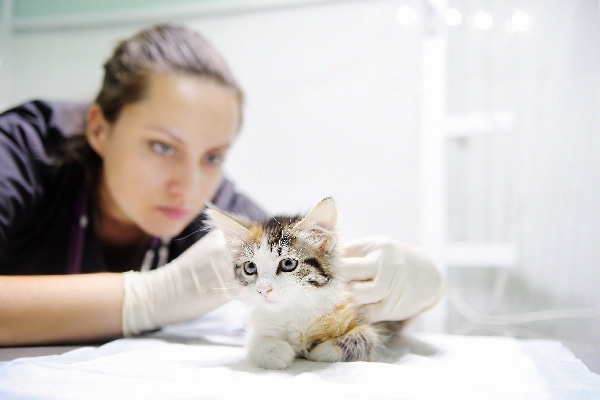
What Is Fading Kitten Syndrome and Why Do So Many Foster Kittens Die From It? - Catster
Veterinarians reveal things you should never do to a cat
Kitten Development: Understanding a Kitten's Major Growth Milestones | PetMD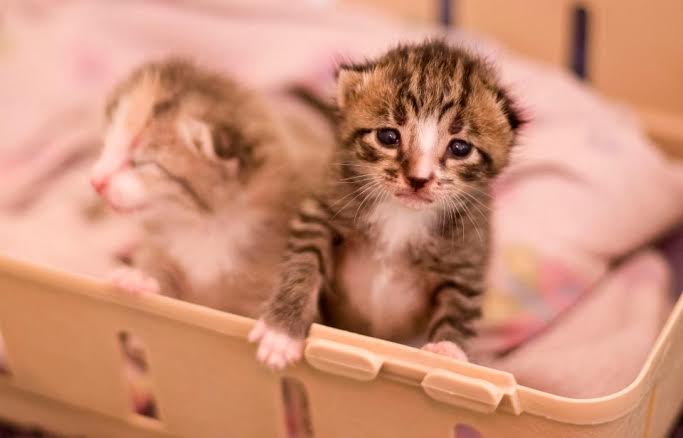
10 Crucial Steps to take to Save an Abandoned Newborn Kitten
Healthy Kitten Guide | 8-12 Weeks | Blue Buffalo
How To Save Your Cat From These 16 Life-threatening Pregnancy Risks – TheCatSite Articles
What Age Can A Kitten Leave Its Mother? | Cat-World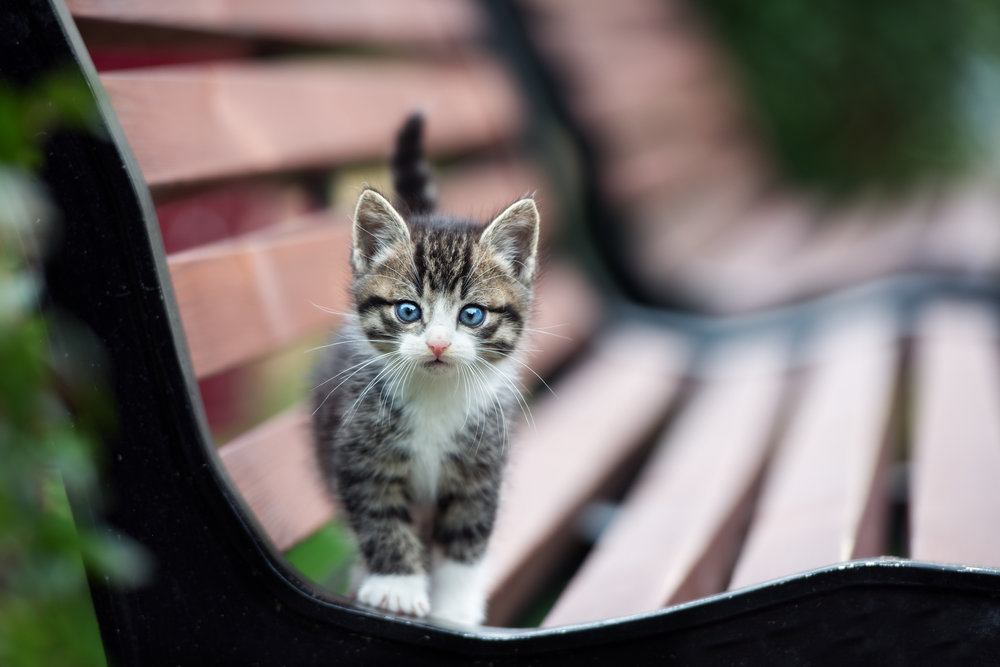
I Found Kittens What Do I do? — Fresno Humane Animal Services
Orphaned Kittens - ALLEY CAT RESCUE
How Long Can Cats Go Without Food | 1 Plus Years | WHISKAS® UK
How long can a cat survive without food and water before dying? - Quora
When Do Kittens Start Pooping? | PetCoach
How Long Can Newborn Kittens Survive Without Food - newborn kittens

/three-kittens-suckling-from-their-mother-121755260-5c59c73fc9e77c0001a41ba6.jpg)






/Kitten-GettyImages-535429254-58fae68d5f9b581d59a1466e.jpg)



:max_bytes(150000):strip_icc()/post-natal-cat-care-555416_V3-de29216d84b04323bad29f898a976578.png)







/GettyImages-112174189-59b44fe4d963ac0011c6f607.jpg)













Posting Komentar untuk "can a kitten survive without milk"